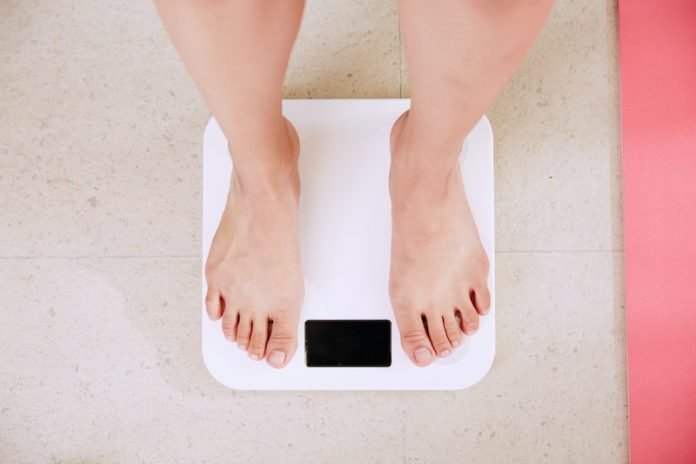
Scientists from the University of California Davis found that obesity strongly increased heart failure risk among women who experienced late menopause—at age 55 or older.
The research is published in the Journal of the American Heart Association and was conducted by Imo A. Ebong et al.
A woman’s body produces less estrogen and progesterone after menopause, changes that can increase the risk for cardiovascular diseases including heart failure, according to the American Heart Association.
Menopause typically occurs between the age of 45 and 55, however, the average age for natural menopause has increased by 1.5 years over the past six decades.
Previous research has found that women who experience early menopause are at heightened risk of heart failure.
Heart failure is diagnosed when the heart is unable to pump sufficient blood and oxygen to allow the body organs to function well.
In the study, the team analyzed health data for nearly 4,500 postmenopausal women participating in the Atherosclerosis Risk in Communities (ARIC) Study.
ARIC is a long-term research project that began enrolling participants in 1987, and focused on measuring the associations between known and suspected heart disease risk factors and the development of heart disease.
The team found strong connections between menopausal age, BMI and waist circumference, and heart failure risk.
For every six-point increase in BMI the risk of developing heart failure increased 39% for the women in the menopause-before-age-45 group; 33% for those in the age 45-49 group; and doubled (2.02 times higher) in women in the late menopause group (age 55 or older).
For every 6-inch increase in waist circumference, the risk of developing heart failure almost tripled (2.93 times higher) among the women who entered menopause at age 55 years or older.
The findings showed that the detrimental effects of obesity on heart failure risk were greatest among women who experienced late menopause.
The information from the study may be helpful when screening for heart failure and counseling postmenopausal women about heart failure prevention.
A woman’s age when she enters menopause is an important factor, and women should share this information with their physicians to guide them in estimating their risk of developing heart failure.
Sign up for our newsletter for more information about this topic.
If you care about weight loss, please read studies about the secret behind maintaining a healthy weight loss, and this type of olive oil may help reduce obesity.
For more information about wellness, please see recent studies about drug that could boost weight loss in people with type 2 diabetes, and results showing this heart problem linked to 5 times higher death risk in COVID-19.
Copyright © 2022 Knowridge Science Report. All rights reserved.




